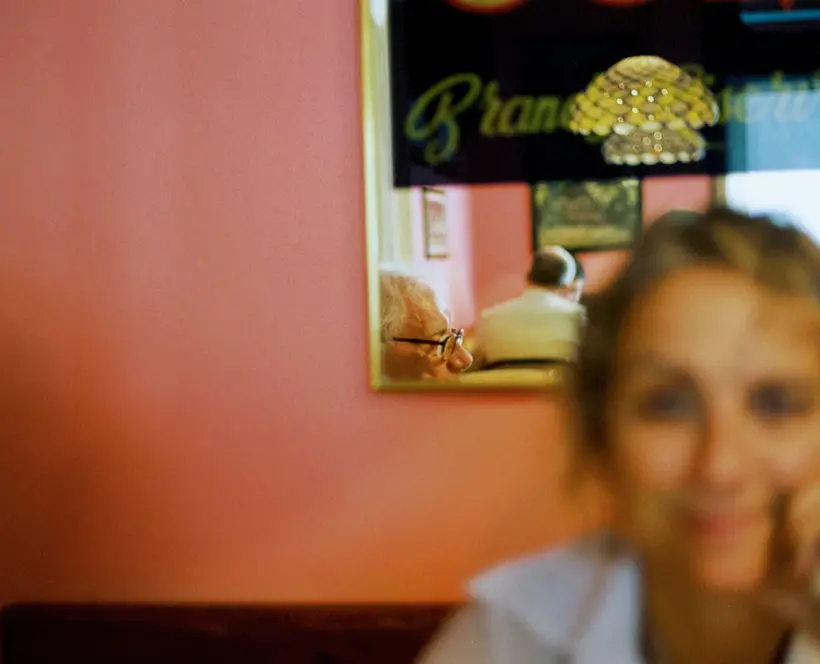Tuesday evenings, 18.30 - 20.00
This six-week course will look at photography’s role in shaping dominant and state-constructed ways of seeing. The use of the image to create powerful narratives is well-known, yet the continuing need to question what we are looking at - to look at, through and behind the image - remains critical.
We will examine how photography has been instrumental in constructing national identities and reinforcing myths, and – just as powerfully, often through the work of individual artists – dismantling them. The course will trace colonial and post-colonial entanglements across various geographies connected by imperial logic, including Palestine, Malaya, Pakistan and Kenya, as well as focusing on the desired image of UK, the US and Soviet Russia.
We will investigate the image's role in propaganda, in fostering belonging and estrangement, and its relationship to truth. The course will highlight contemporary image-makers whose documentary practices challenge dominant histories through archival interventions, documentation, dissemination, and reconstruction in their pursuit of resistance. Historical and theoretical framings of exile and refuge, which can transform ways of seeing and being, will extend our image-analysis.
We will also study how transdisciplinary practice, such as performance or the use of fiction, might increase connection with the audience of the work. What does it mean to make work public, or to view collectively? Can photography help us navigate the complexities of the individual and the collective, both in memory and in society?
Writers referenced include: Tina Campt, Nicholas Mirzoeff, Avery Gordon, Edward Said, W G Sebald, Kareem Estefan, Roland Barthes, Nadine El Enany, Omar El Akkad, Hannah Arendt, John Berger.
Led by writer and curator Max Houghton.
Who is this for?
This course is designed for documentary photographers seeking to activate their images, to deepen practice through research, for individuals considering photography or visual culture in higher education; as well as those with an interest in law, politics and the power of images.
Details on how to access the sessions will be confirmed upon registration. Please check your junk folders if you haven't received an email from TPG staff confirming your place. By booking for this event you agree to our Terms & Conditions.
Biography
Max Houghton is a writer and curator working with the photographic image as it intersects with law and politics. She runs the MA in Photojournalism and Documentary Photography at London College of Communication (UAL) where she co-founded the research-hub Visible Justice. She is the recipient of the Royal Photographic Society prize for excellence in education (2023). She writes regularly for international institutions and the arts press, including Granta, 1000 Words, Barbican, PhMuseum, BJP and many more. Her latest monograph essay is on Mary Ellen Mark’s Ward 81 (Steidl 2023). She is completing doctoral research on the image in international criminal law at UCL.




